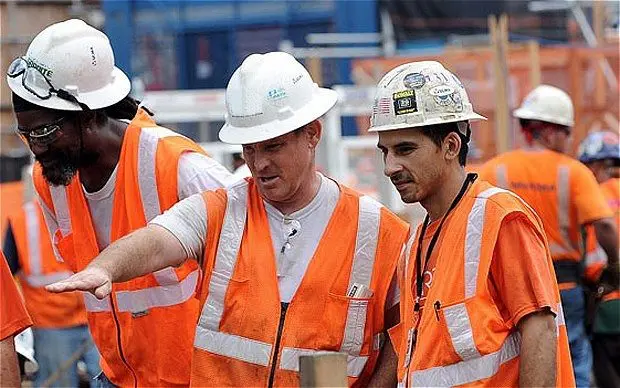A detailed survey of subcontractors in the construction industry found an array of “shameful” practices by main contractors, including late payment for public-sector work and demands for cash rebates from suppliers.
Of those who worked for prime contractors on public sector jobs, 85pc reported having to wait longer than the statutory 30 days for their invoices to be settled. One in six said they waited between twice and three times as long as the 30-day maximum giant firms have agreed to.
Four-fifths of bills paid to central Government contractors are settled within five days on the understanding that their suppliers further down the chain wait no longer than 30 days. Last year, Cabinet Office Minister Francis Maude promised to “name and shame” those that breach the rules but the Cabinet Office has yet to name any.
Barry Ashmore, who runs StreetwiseSubbie, a network of experts providing dispute resolution in the construction industry, said: “[Mr Maude] can’t be policing it. He’s relying on whistle-blowers and what happens to them?
“I’ve spent 42 years in this industry and the last two years are the worst I’ve ever experienced. We’ve trained a generation of young people in the industry to think beating up subcontractors is the way business should be done. It’s shameful.”
A number of small construction business owners who spoke to The Daily Telegraph complained of “dire” practices by some main contractors. They reported that more than £1bn of savings the Government asked leading contractors to make is resulting in suppliers being squeezed and payment terms stretched, reports The Telegraph.
The financial director of an engineering subcontractor based in the North West, who asked not to be named, said: “Getting paid in this industry is a farce. On Government work, even the very best contractors don’t pay you within 30 days. It’s more like 60.
“There’s a total imbalance of power. I had a company try to get additional goods out of us we hadn’t quoted for, saying they’d charge us damages if we didn’t. They just say, ‘if you’re going to be awkward, we just won’t pay’.”
The financial director added that while so called “pay when paid” clauses in contracts – which sees slow payment by main contractors passed down the supply chain – are prohibited, they are still in widespread use.
Other practices include charging fees just to tender for work and asking for retrospective discounts for jobs that have already been completed.
“The bad payment practices prevent us form hiring, expanding – it stifles us. We can only grow if people pay us faster.”


